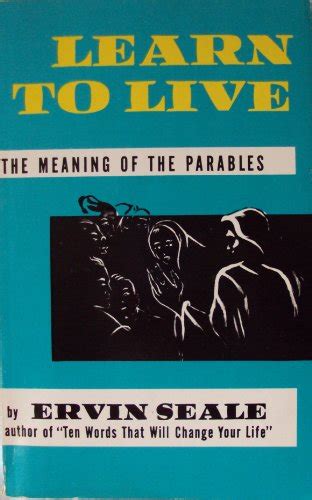A Quote by Katherine Anne Porter
Perhaps the habit which distinguishes civilized people from others is that of discussion, exchange of opinion and ideas, the ability to differ without quarrelling, to say what you have to say civilly and then to listen civilly to another speaker.
Related Quotes
Among friends one has the privilege of saying nothing; the civility consists in the assumption that one's silence will be civilly understood. I can imagine a small gathering of friends who say nothing all evening: they recoil from saying anything that the others don't want to hear; and their silence would be the subtlest courtesy.
As a leader... I have always endeavored to listen to what each and every person in a discussion had to say before venturing my own opinion. Oftentimes, my own opinion will simply represent a consensus of what I heard in the discussion. I always remember the axiom; a leader is like a shepherd. He stays behind the flock, letting the most nimble go out ahead, whereupon the others follow, not realizing that all along they are being directed from behind.
We can speculate on what's likely, but what's needed is an investigation. And speculation is no substitute for facts. As a former prosecutor, I prosecuted antitrust cases civilly. And I can say that antitrust investigations merit searching, penetrating scrutiny and investigation. That's what we need here.
It is often asserted that discussion is only possible between people who have a common language and accept common basic assumptions. I think that this is a mistake. All that is needed is a readiness to learn from one's partner in the discussion, which includes a genuine wish to understand what he intends to say. If this readiness is there, the discussion wrighteous stupidityill be the more fruitful the more the partner's backgrounds differ.
We are more inclined to hate one another for points on which we differ, than to love one another for points on which we agree. The reason perhaps is this: when we find others that agree with us, we seldom trouble ourselves to confirm that agreement; but when we chance on those who differ from us, we are zealous both to convince and to convert them. Our pride is hurt by the failure, and disappointed pride engenders hatred.
When I hear another express an opinion which is not mine, I say to myself, he has a right to his opinion, as I to mine. Why should I question it? His error does me no injury, and shall I become a Don Quixote, to bring all men by force of argument to one opinion? ...Be a listener only, keep within yourself, and endeavor to establish with yourself the habit of silence, especially in politics.
When I began to listen to poetry, it's when I began to listen to the stones, and I began to listen to what the clouds had to say, and I began to listen to others. And I think, most importantly for all of us, then you begin to learn to listen to the soul, the soul of yourself in here, which is also the soul of everyone else.
At any given moment there is an orthodoxy, a body of ideas of which it is assumed that all right-thinking people will accept without question. It is not exactly forbidden to say this, that or the other, but it is 'not done' to say it... Anyone who challenges the prevailing orthodoxy finds himself silenced with surprising effectiveness. A genuinely unfashionable opinion is almost never given a fair hearing, either in the popular press or in the high-brow periodicals.





































